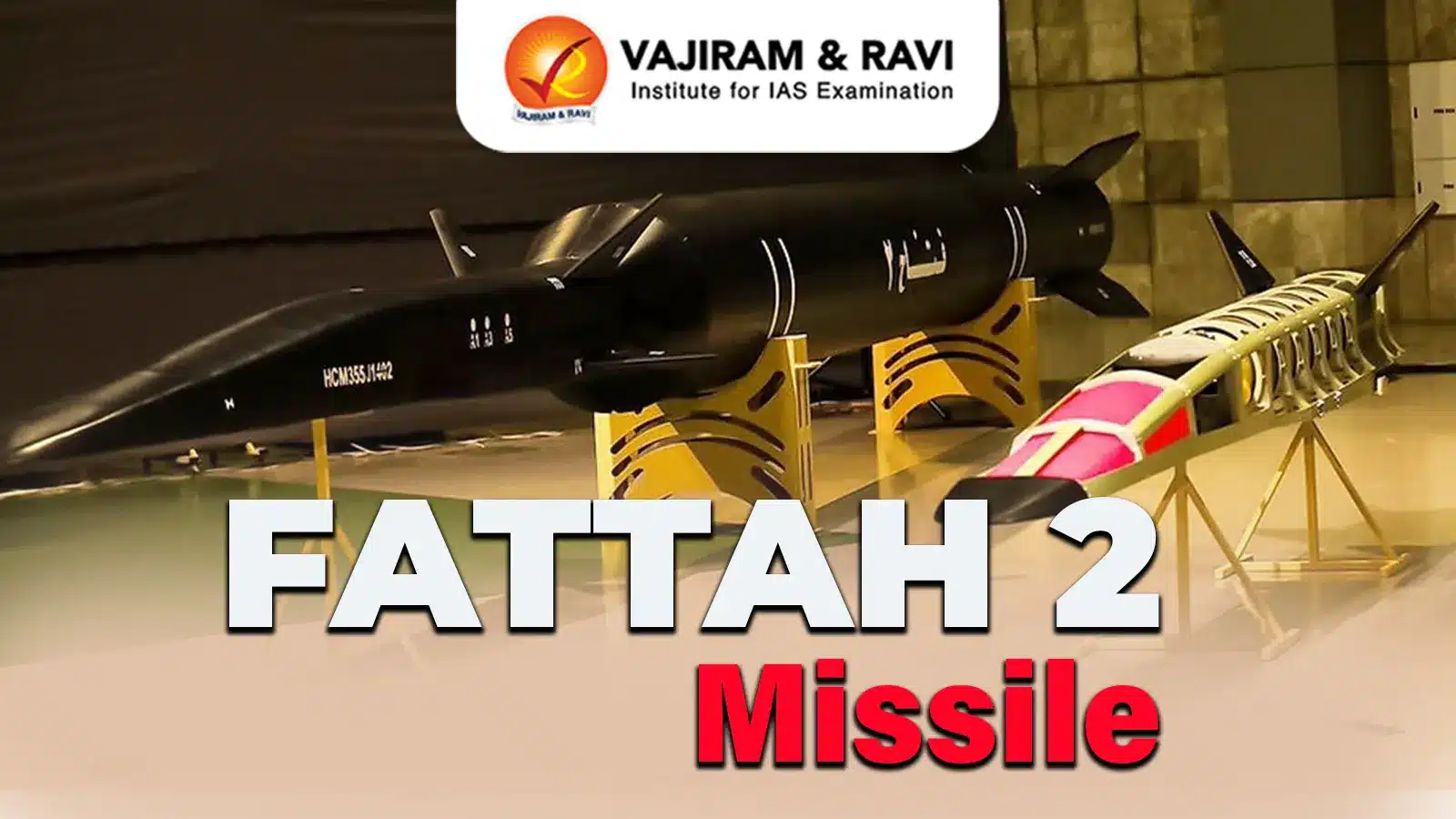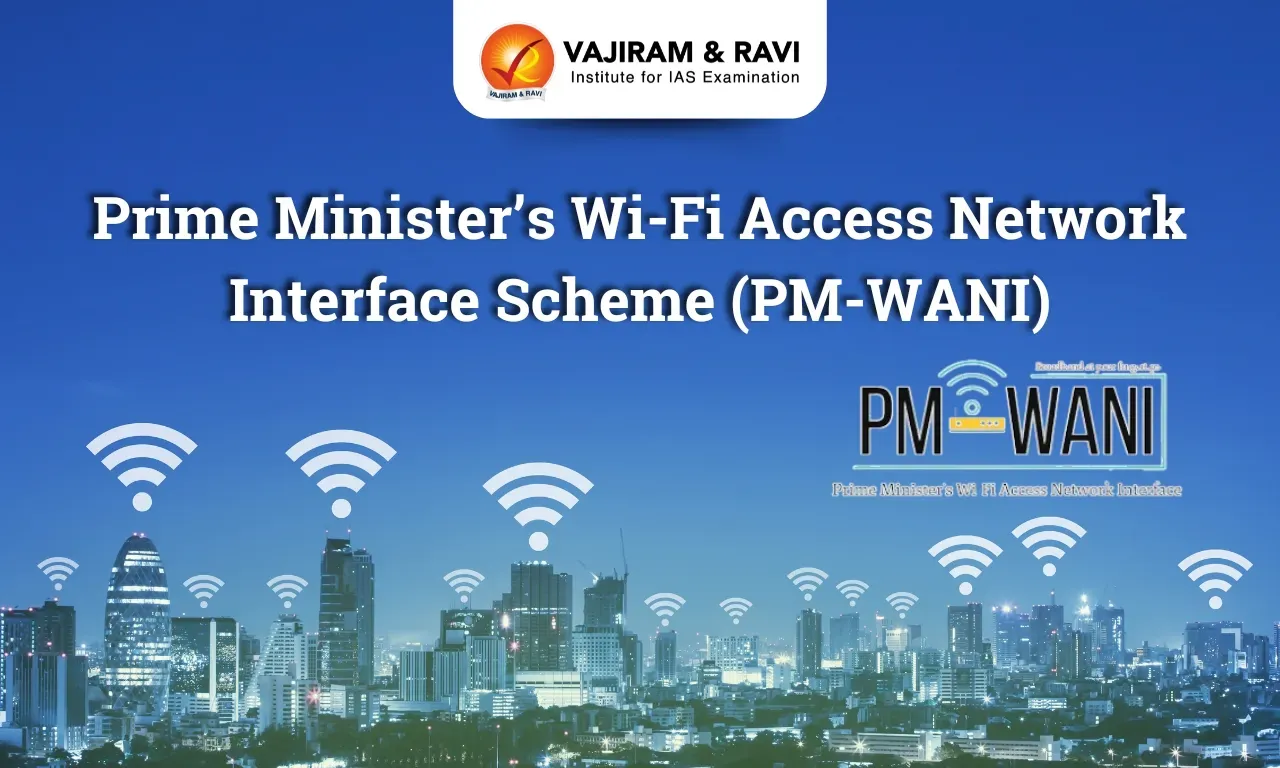About Project Kuiper
- It is Amazon’s project to build a network of 3,236 satellites in low Earth orbit, to provide high-speed internet access anywhere in the world.
- Its mission is to bring fast, affordable broadband to unserved and underserved communities around the world.
- Project Kuiper has three main parts:
- Ground infrastructure:
- It includes gateway antennas that securely send and receive customer data to and from satellites, along with telemetry, tracking, and control (TT&C) antennas that keep the satellites properly operating.
- Global networking connects those gateway antennas to the internet, public cloud, or private networks.
- Satellites: They operate in low Earth orbit (LEO) and relay data traffic to and from gateway antennas and customers.
- Customer terminals:
- These are the technology that Project Kuiper customers use to receive broadband service.
- The terminals combine antennas and processors into a single, compact system to deliver connectivity.
What is a Low Earth Orbit (LEO)?
- LEO is an orbit around the Earth with an altitude that lies towards the lower end of the range of possible orbits.
- This is around 1,200 miles (2,000 km) or less.
- The majority of satellites are to be found in LEO.
- Unlike satellites in geostationary orbit (GEO) that must always orbit along Earth’s equator, LEO satellites do not always have to follow a particular path around Earth in the same way; their plane can be tilted.
- This means there are more available routes for satellites in LEO, which is one of the reasons why LEO is a very commonly used orbit.
- It is the orbit most commonly used for satellite imaging, as being near the surface allows it to take images of higher resolution.
- It is also the orbit used for the International Space Station (ISS), as it is easier for astronauts to travel to and from it at a shorter distance.
- However, individual LEO satellites are less useful for tasks such as telecommunication, because they move so fast across the sky and therefore require a lot of effort to track from ground stations.
- Instead, communications satellites in LEO often work as part of a large combination, or constellation, of multiple satellites to provide constant coverage.
Q1) What is a geostationary orbit (GEO)?
A geostationary satellite is an Earth-orbiting satellite placed at an altitude of approximately 22,300 miles or 35,800 kilometers directly above the equator. These satellites revolve in the same direction the Earth rotates — west to east.hese satellites complete one orbit in about 24 hours, which is the same amount of time it takes for the Earth to rotate once on its axis. The satellite appears to be stationary from the perspective of someone on the ground, as it moves in sync with the Earth’s rotation.
Source: Amazon to use Falcon 9 rockets of SpaceX for Project Kuiper
Last updated on June, 2025
→ UPSC Notification 2025 was released on 22nd January 2025.
→ UPSC Prelims Result 2025 is out now for the CSE held on 25 May 2025.
→ UPSC Prelims Question Paper 2025 and Unofficial Prelims Answer Key 2025 are available now.
→ UPSC Calendar 2026 is released on 15th May, 2025.
→ The UPSC Vacancy 2025 were released 1129, out of which 979 were for UPSC CSE and remaining 150 are for UPSC IFoS.
→ UPSC Mains 2025 will be conducted on 22nd August 2025.
→ UPSC Prelims 2026 will be conducted on 24th May, 2026 & UPSC Mains 2026 will be conducted on 21st August 2026.
→ The UPSC Selection Process is of 3 stages-Prelims, Mains and Interview.
→ UPSC Result 2024 is released with latest UPSC Marksheet 2024. Check Now!
→ UPSC Toppers List 2024 is released now. Shakti Dubey is UPSC AIR 1 2024 Topper.
→ Also check Best IAS Coaching in Delhi
























